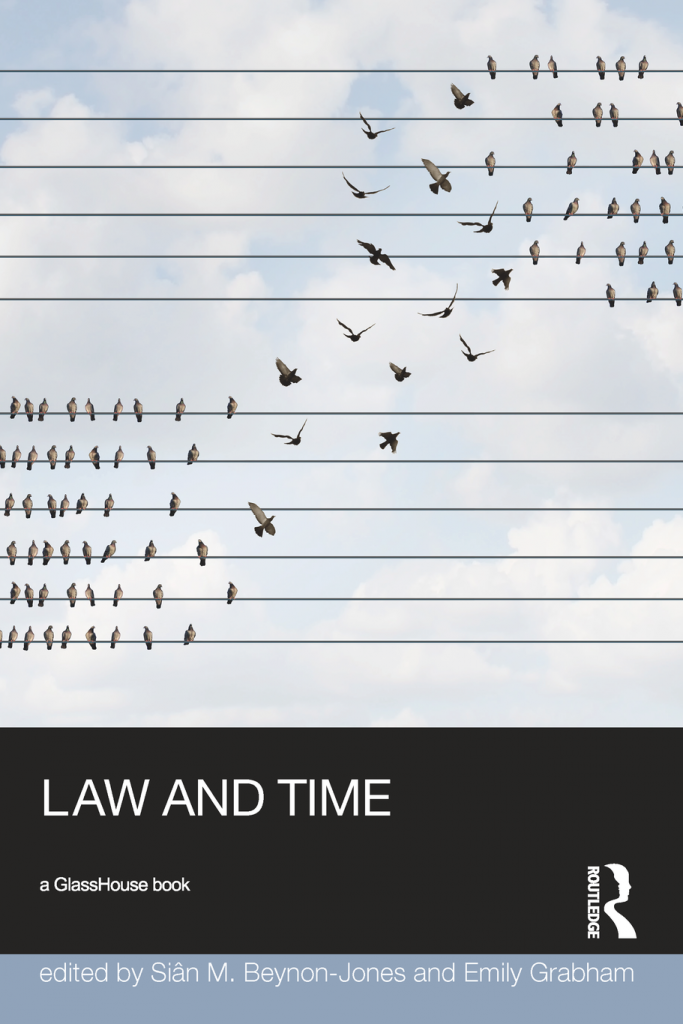A new book co-edited by Kent Professor Emily Grabham offers an interdisciplinary exploration of time, law and regulation.
Law and Time is the culmination of a research collaboration between Professor Grabham and the book’s co-editor, Dr Siân Beynon-Jones (University of York), both co-ordinators of the two-year Regulating Time research network.
The network, funded by a £30,000 grant from the UK’s Arts & Humanities Research Council, facilitated a sustained discussion of how concepts of time influence law and regulation. It featured workshops, collaborative public engagement events and an international conference.
The book, published by the Routledge Social Justice Series, draws together contributions from socio-legal scholars, anthropologists, sociologists, geographers and historians to explore the broader social and political impact of law’s relationship with time. It features a chapter entitled ‘Traditional medicines, law and the (dis)ordering of temporalities’ authored by Kent Law School Professor Emilie Cloatre on how concepts of “modern time” in biomedicine affect our approach to the regulation of “traditional” medicine. There is a also a chapter by Kent Law School Senior Lecturer Dr Sinéad Ring on how Irish courts responded to vicitms’ “delay” in reporting historic child sexual abuse.
In the book’s Introduction (available open access), Professor Grabham and Dr Beynon-Jones write: ‘In bringing together this collection on law’s relationship with time, our concern has been to register an increasing commitment among scholars across disciplines to shift such patterns of engagement. Our own research over the past few years has been preoccupied with the question of law’s temporalities, drawing on a range of critical resources to investigate, through empirical research, the coproduction of legal and temporal norms, subjectivities and political ontologies.’
Central themes in the book include how dominant ideas of time shape legal responses to social problems, and how law helps to create ideas of linear time. The book also tackles issues such as how to think about multiple different types of time in relation to law, and the connection between new technologies, law and evolving ideas of time.
Professor Grabham has written extensively about the relationship between law and time. Her book Brewing Legal Times: Things, Form and the Enactment of Law (University of Toronto Press, 2016) won the Socio-Legal Studies Association’s Socio-Legal History and Theory Prize in 2017.
Professor Grabham is Co-Director of Research at Kent Law School. Other research interests include labour law and feminist legal theory. She is particularly interested in interdisciplinary approaches to legal analysis and is a co-investigator on the Future of Legal Gender (FLaG) research project which aims to critically explore different ways of reforming gender in UK law.
Dr Beynon-Jones is an Anniversary Research Lecturer in Sociology at the University of York. She has published extensively on the sociology of time and the sociology of gender, particularly in the context of reproductive and other new life science technologies. Her latest project (led by colleagues at the University of York), Buildings in the Making, focuses on the work of architects who design buildings for health and social care.

